
I’m going to buck the trend in this blog entry by not rehashing Amanda Hockings’ impressive rocket success on the ePub scene. One might inadvertently take Ms. Hocking for a pioneer on the IndiePub scene, maybe look upon her story as the exception, a first, or a singular phenom. Make no mistake about it – the numbers are a knock-down, but let’s take a look at some of the pioneer IndieAuthors who just might have inspired this spunky little punk.
I learned of Boyd Morrison’s story at the 2010 Pacific Northwest Writers Association Summer Conference. Morrison has described the journey of his first novel, The Ark in brilliant terms, to Pacific Northwest writers’ conferences – and beyond. In an inspirational description of how he made it to his current position in literary standing he tells about how, in spite of having an agent (topic for another day), he was turned down by twenty five publishers before deciding to independently publish The Ark on Kindle – with the blessings of his (no doubt beleaguered) agent. He sold 7,500 copies. Albeit, like most gutsy writers he sold the copies at $.99, which is a give-away considering the years he had put into the project, but the give-away approach to ‘selling’ is also a topic for another day.
Lisa Genova, author of Still Alice spent eighteen months writing her breakout novel and an equal number of months in the search for a literary agent. Setting out on her own, she uploaded her book on a leading eBook platform and began selling Still Alice on Amazon.com. Soon after Ms. Genova’s book received a favorable review in the Boston Globe and immediately the book appeared on the New York Times Bestseller List. Melinda Roberts was told that her book, Mommy Confidential: Adventures from the Wonderbelly of Motherhood would merely add to the over–saturated memoir market. She persevered, published her own book through a contract publisher (aka ‘self–publisher’, aka ‘vanity press’), and has enjoyed notoriety on the daytime television talk circuit. That completes the history lesson.
Now there’s my personal favorite, IndieAuthor Zoe Winters, who I noticed within the past six months because of her witty and irreverent blog posts. A paranormal romance writer, Ms. Winters released Blood Lust in August 2010. On her website she reveals what inspired her to publish independently, “Discovering a passion for both writing and publishing and wanting full creative control…” In an exclusive interview with me for inclusion into “All Smart Cookies Can Self Publish 2011” Ms. Winters reaffirms that a monumental shift in publishing was taking place long before the mainstream publishing industry took notice, “Major publishers seemed too obsessed with pushing paper around when the distribution model was changing and more was going online.” Since her reemergence onto the writing scene twenty-one months ago Ms. Winters has surpassed her husband’s salary in combined royalties from her paranormal romance trilogy.
This brings me to Dean Wesley Smith. Not because he has surpassed his spouse’s salary in royalties. Mr. Smith garners the spotlight because he comes in first with Zoe Winters in his generosity toward fostering the IndiePub movement. Mr. Smith writes under several pseudonyms’ capturing both sides of the gender gap aisle with his prose; he writes furiously, has an “are you done?” attitude toward his writing, slaps his offerings up with brilliantly colored front covers that ‘grab’ and ‘pop’. Then he mossies’ on, in his cowboy boots, to the next assignment. Smith has nonchalantly name-dropped an income of $75 a day in royalties – within the last few months. I’m impressed!
With Amazon reporting that more than half their book sales come from eBooks, with pioneer IndieAuthors leading the way, and finally with the Amanda Hockings’ of the literary world grabbing headlines…is it any wonder why Bay Area reporter and writer April Chartrand noted in her blog, “We’re entering the golden age of self–publishing.”
Emily Hill is author of the “All Smart Cookies Can Self Publish” series and the historical novel, Jenkins: Confederate Blockade Runner, available through bookseller outlets Amazon, Barnes & Noble, and Borders. A resident of the Pacific Northwest, Ms. Hill is owner of A.V. Harrison Publishing, and fosters the IndiePub movement as a publishing coach for independent authors.
Get an Editorial Review | Get Amazon Sales & Reviews | Get Edited | Get Beta Readers | Enter the SPR Book Awards | Other Marketing Services


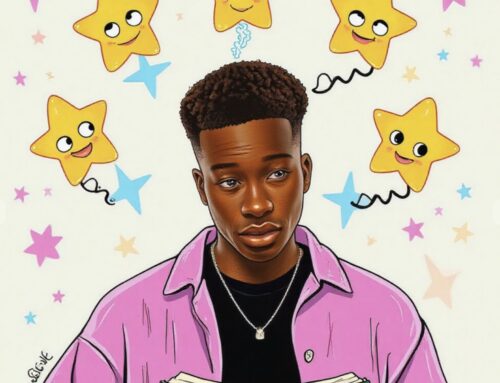
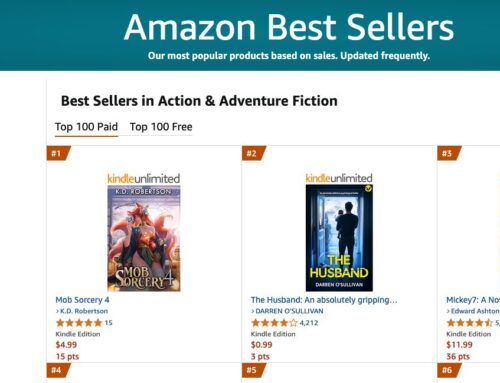
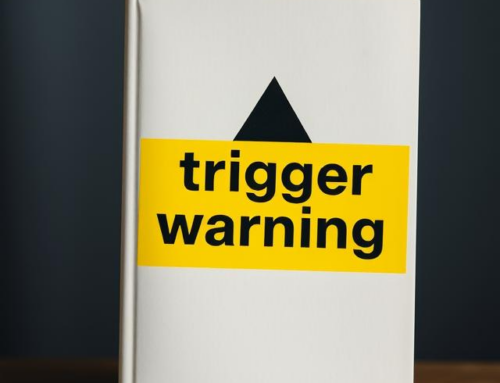

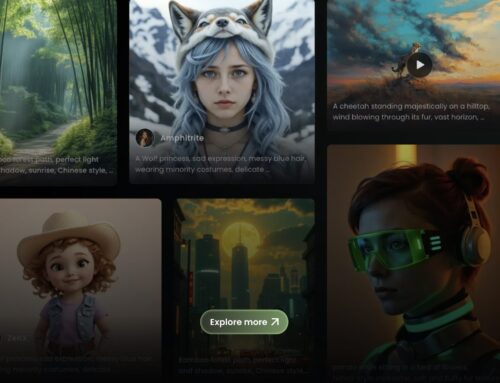

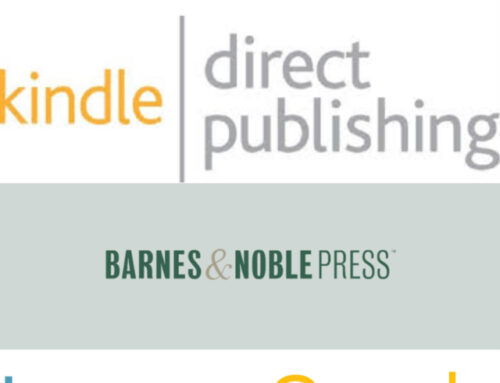
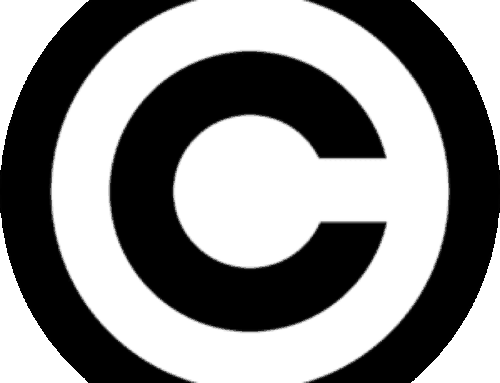









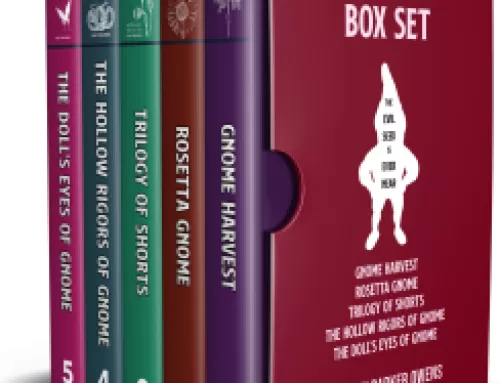


The grass is always greener on the other side. It will be interesting to see how Amanda Hocking copes with losing the 100% creative control she has had over all her projects. It’s a lot of work, but it’s very satisfying. A person who has managed to do what she’s done is very entrepreneurial. She also understands her readers far better than any agent or publishing house could. Unless they treat her far differently than they treat most writers, I don’t think she’ll be very happy. As they saying goes, “If you search every park and city, you will find no statues of committees.”
Mike,
Very clever, very astute observations.
I continue [along with all others’ in the Indie movement] to watch how Ms. Hocking reacts and responds to her blessing/curse. It’s interesting/ironic that the same week she announced her interest in finding an agent, Barry Eisler declared his independence from publishers and is going forward sans that 85% bite.
One of my twitter-mates, David Kazzie [YouTube, So You Want to Write a Novel] tweeted the question to Amanda, “So, like [the] 15 minutes?”. It’s a valid question from him, [Google him ;] He just signed on the dotted line after snubbing IndiePubs last month.
I’m in for the long haul so it’s going to be interesting to watch others’ mull over ‘the grass is always greener’ conundrum.
http://www.emilyHillwriter.com and http://www.avharrison-publishing.com